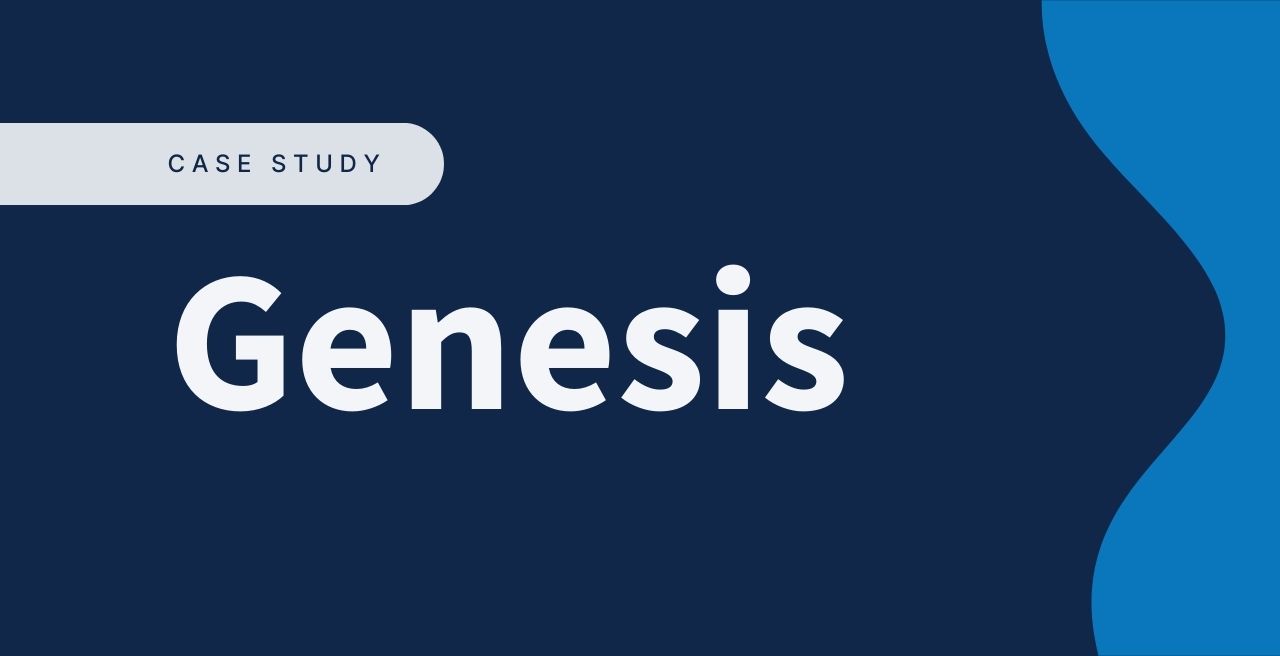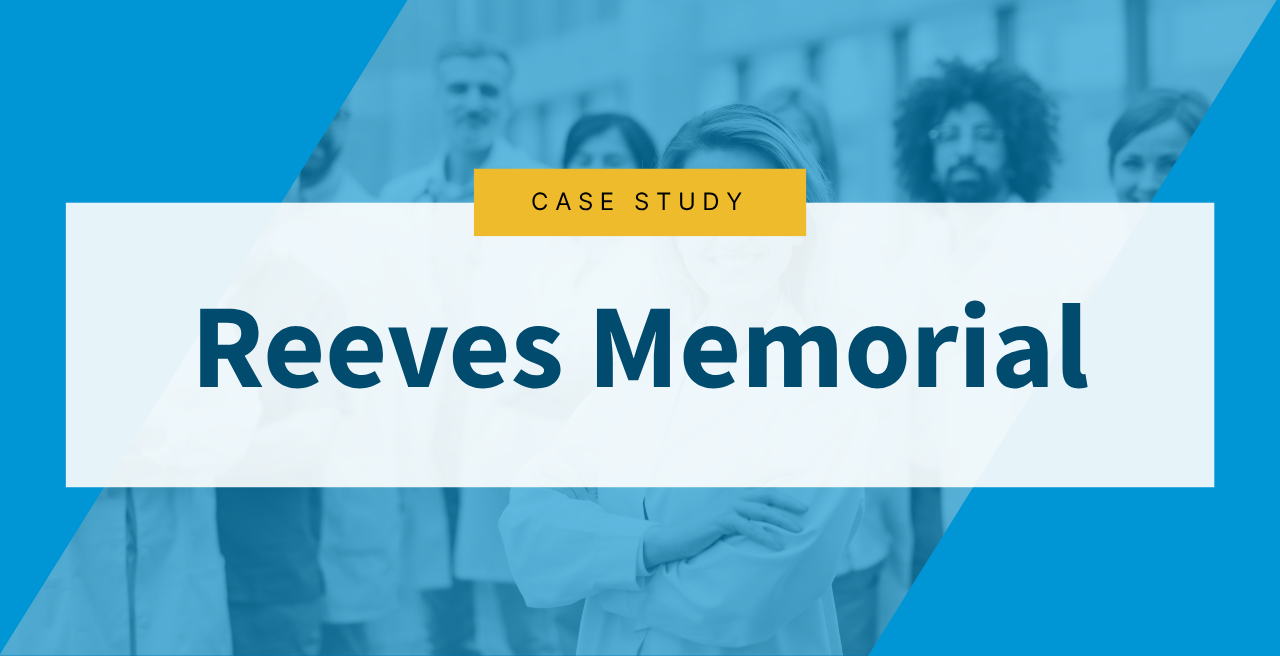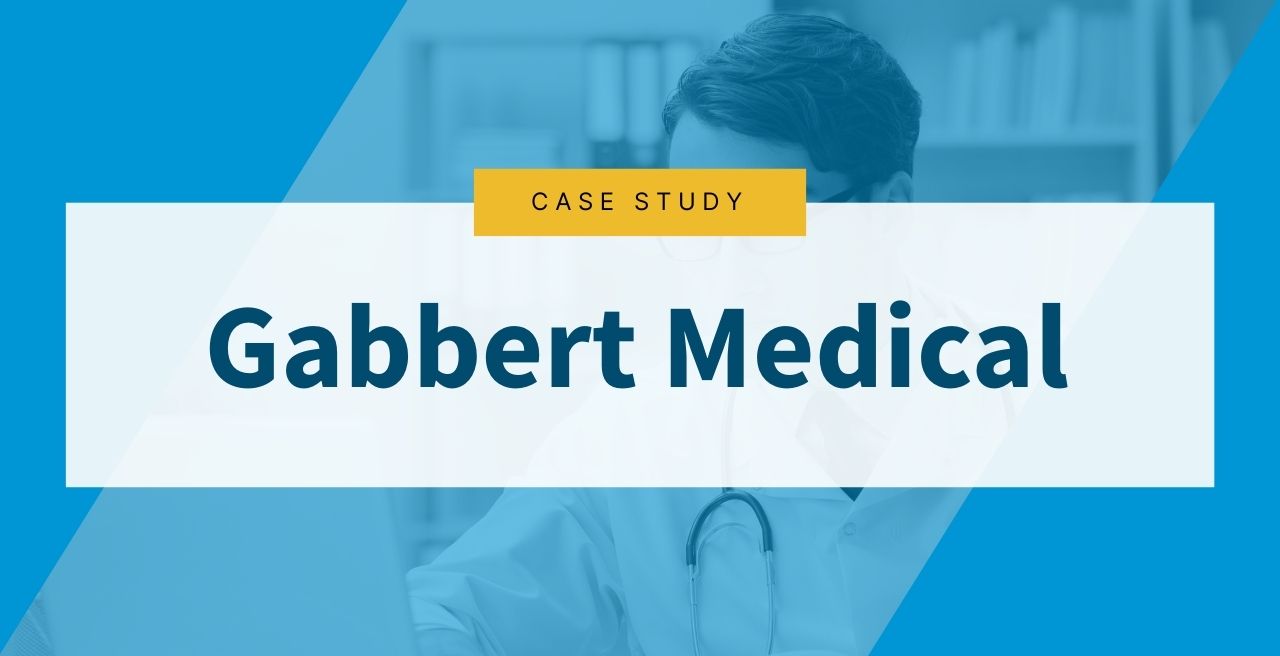Accelerating AI in Healthcare
How EHR-Integrated Ambient Listening Improves Care and Reduces Burnout
In a case study, titled, “Accelerating AI in Healthcare : How EHR-Integrated Ambient Listening Improves Care and Reduces Burnout,” Becker’s Healthcare covers how the Azalea AI Clinical Assistant, powered by Suki, addresses the challenges of clinician burnout.
From the case study:
Clinician burnout continues to impact patient care and the operations for healthcare organizations across the country. One of the primary contributors to burnout in these settings is the excessive administrative burden and workload placed on physicians, nurses and other clinical staff.
Azalea Health is addressing these challenges head-on, having recently incorporated AI into its cloud-based EHR software for rural health clinics, critical access hospitals, health systems and small practices. To learn how this enhancement is streamlining documentation and clinical capabilities for hospitals and health systems, Becker’s Healthcare recently spoke with Nathan Shepard, senior vice president of product at Azalea Health and Heather Miller, vice president of partnerships & platform at Suki.
Download Case Study
We may use your contact information to share product and service updates. Unsubscribe anytime. See our Privacy Policy.
AI Solves Crucial Administrative Challenges
Historically, many EHR systems have used a template-based approach to charting. The idea behind this approach is that in one click, templates can be
completed partially or in full based on a patient’s diagnosis category or treatment.
While this approach often merges in a lot of specific information from the patient’s history or demographics, it still requires the physician to go back and make changes on an incremental basis for every patient, specifically when they divert from the standard plan of care and diagnosis plans.
To reduce the time and effort required for charting, Azalea Health looked into ambient listening technology that would allow clinicians to efficiently complete documentation, coding, patient instructions and more using AI.
“We wanted to keep the benefits of quality reporting and clinical decision support, as well as all the artifacts that come from data tracking, while relieving the burden of data input that falls on the shoulders of physicians,” Mr. Shepard said.
Azalea Health evaluated over 10 different AI solutions, including Suki, and created a scorecard to compare vendors side-by-side. “What we liked about Suki Platform was the simplicity of the user interface and how interoperable it was with the application programming interfaces (APIs),” Mr. Shepard said. “With a single click, everything is documented by listening to the provider.”
Suki integrates powerful AI and ambient capabilities into healthcare applications through a robust software development kit and suite of APIs that healthcare companies are using to reimagine their healthcare technology stacks, making AI invisible and assistive so clinicians can focus on taking care of patients.
“Suki views itself as the enabler of AI transformation for partners,”Ms.Miller said. “We have developed a variety of AI skills as part of Suki Platform that increase context awareness in the EHR and allow us to complete tasks quickly and accurately. For example, we understand the patient’s background and surface the relevant information, like their past problems, for the doctor at the right place and right time.”
When Azalea Health evaluated Suki, the team found that the technology focused on what is important in patient-clinician conversations. It didn’t generate false data or bring in other parts of the patient conversation that were irrelevant from a clinical perspective. Mr. Shepard’s team was also excited about Suki’s plan for the future and their perspective on AI and integration in healthcare.
“The technology is evolving very quickly, and we feel that we’ve been able to leverage a best-in-class team at Suki that’s on the bleeding edge of the technology,” Mr. Shepard said. “We reap all the benefits of that through our partnership.”
Collaboration Achieves Better Results
When Suki enters into a partnership with a company like Azalea Health, the first step is holding a kickoff call or in-person meeting with the key stakeholders. The meeting is then used to align goals and timelines and identify what development is needed.
“We define key work streams for both teams and once development starts, we have a regular cadence of meetings to ensure that both sides are making progress. We also do a strategic check-in at the executive level to make sure no roadblocks exist,” Ms. Miller explained. Suki also prioritizes communication and uses a variety of tools to ensure that both teams can communicate easily and effectively.
“Of all the vendors we talked to, Suki was one of a handful that was focused not just on the technology side but also on the integration side,” Mr. Shepard said. “Suki Platform’s software development kit made it very easy for our engineering team to quickly and seamlessly integrate with the Suki application, bringing it right into our application, as if it had been designed to do that from day one.”
Suki’s philosophy is that every feature developed for Suki Assistant will eventually be accessible to partners through the Suki Platform.
“We’re enabling skills as they become available, so we’re constantly iterating and innovating,” Ms. Miller said. “We want to make sure new functionality fits into our partners’ workflows and they can plan for it. This is where joint roadmaps come into play. We discuss what’s next, so our partners can update their product plans and incorporate different skills.”
AI Is the Game Changer for Organizational Success
Ms. Miller shared that some of the provider organizations she works with were able to add three patient visits per week to their schedule after implementing ambient documentation technology. Now, physicians can finish their notes more effectively, get home on time — and in some cases, even improve their health.
Azalea Health has also found that AI and ambient documentation are especially beneficial for hospitals, health systems and medical practices in rural markets. “One pain point for rural practice administrators is recruiting physicians,” Mr. Shepard shared. “Having functionality like Suki offers quality of life improvements that are similar to what’s available at urban practices. That helps rural healthcare organizations attract and retain key talent.”
Looking ahead, Azalea Health is enthusiastic about the future of AI and its continued work with Suki.
“We’ve been very happy with the opportunity to use a powerful technology like Suki,” Mr. Shepard said. “The customers we’ve shown it to are very excited to use it. Suki Platform is accessible in terms of its simplicity from a technology perspective, and it’s also accessible in terms of cost.”
Azalea Health is also focused on using AI to help healthcare administrative staff. For example, the company has just released an AI-powered billing tool to provide reimbursement-related assistance. The company is also working on a front office assistant to help with patient intake, scheduling and more.
Suki’s goal is to create a more seamless experience for healthcare employees by automating and eliminating administrative tasks. One of the next focus areas for Suki is enabling AI for nurses.
“Nursing has a huge number of administrative tasks that we want to tackle,” Ms. Miller said. “We’re working diligently on that and are excited for Azalea Health to incorporate that into their product.”
Conclusion
With Suki Platform, it’s possible for healthcare software companies to easily incorporate enterprise-grade technology into their offerings, making AI accessible to clinicians, administrative staff and more. But most importantly, it’s having an undeniable effect on the emotional and professional well-being of clinicians.
“It feels like every week or two we see another generational-level improvement in quality with our hospital partners,” Mr. Shepard said. “The next step is taking an agentic approach where we have more specialized AI that can take away high-volume, low-value work, so physicians spend their time and energy on the most critical aspects of patient care.”




